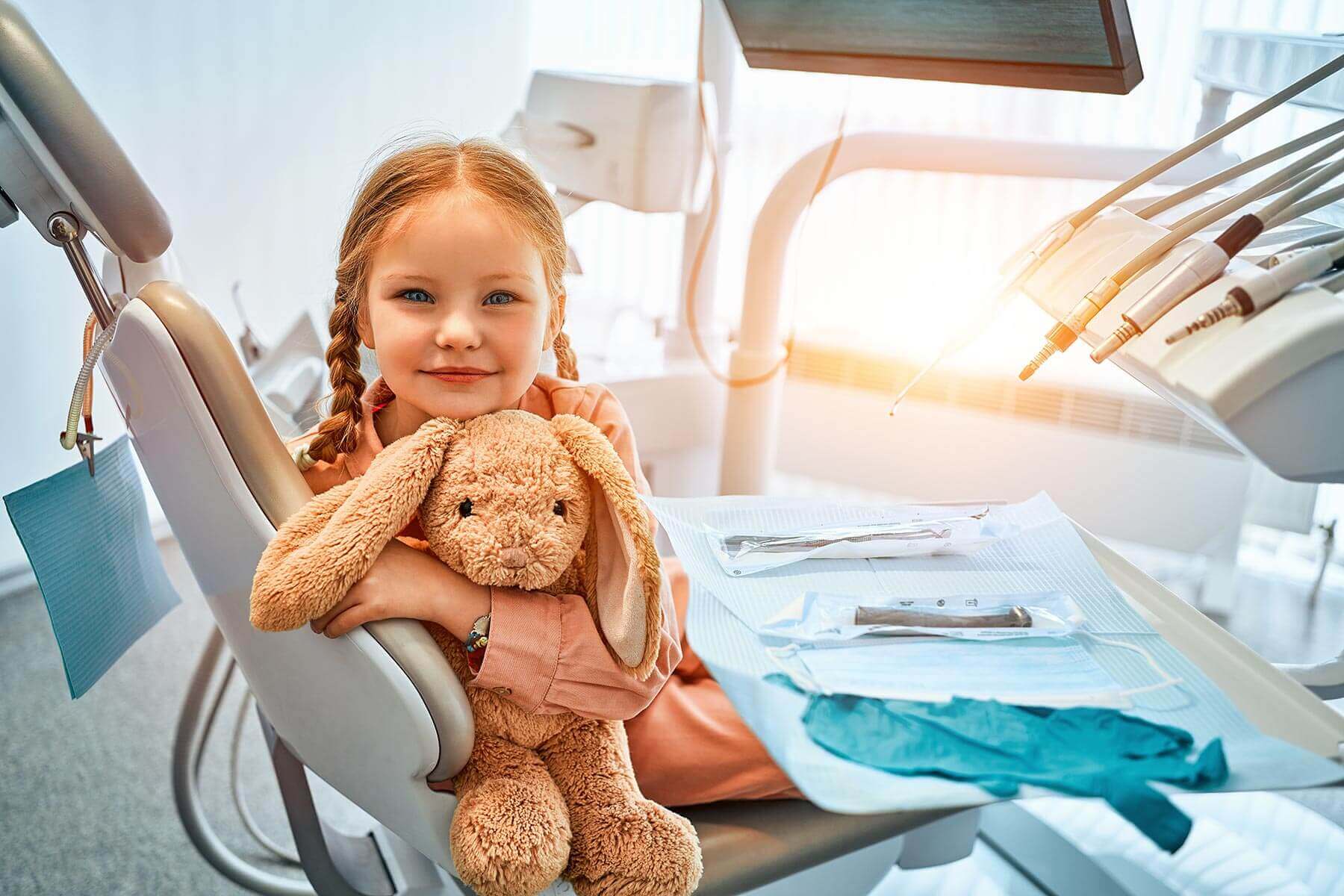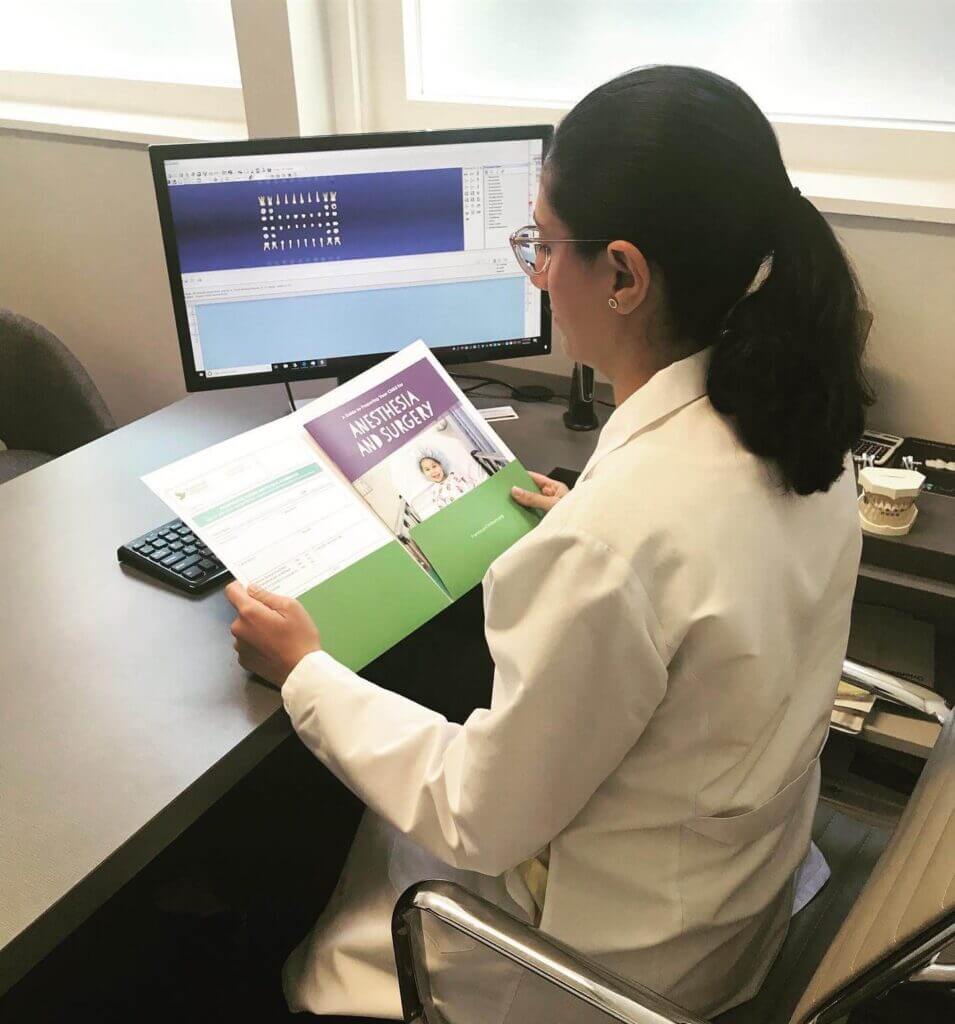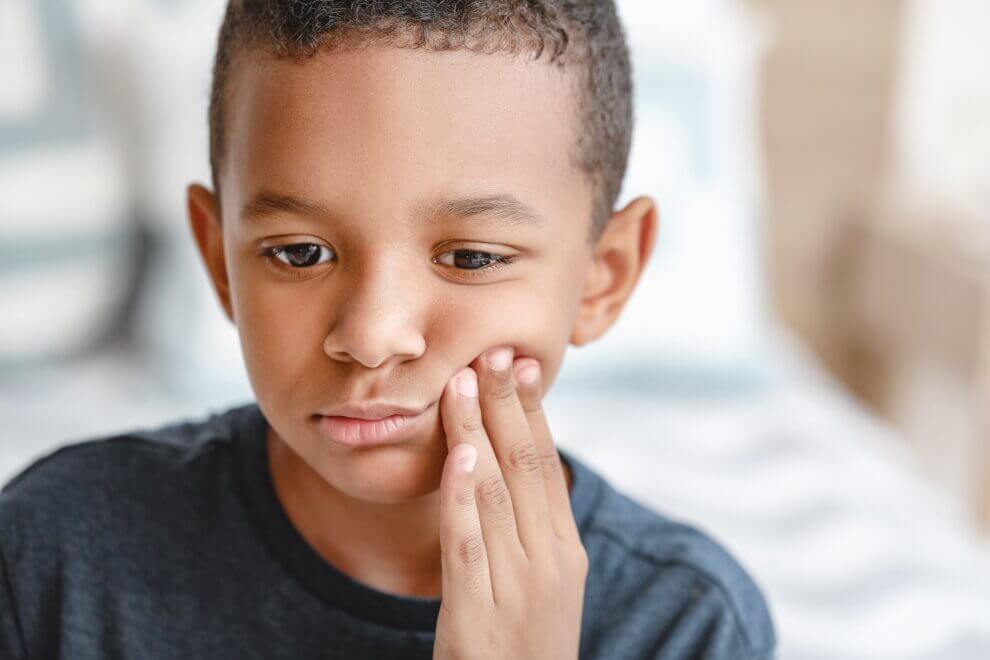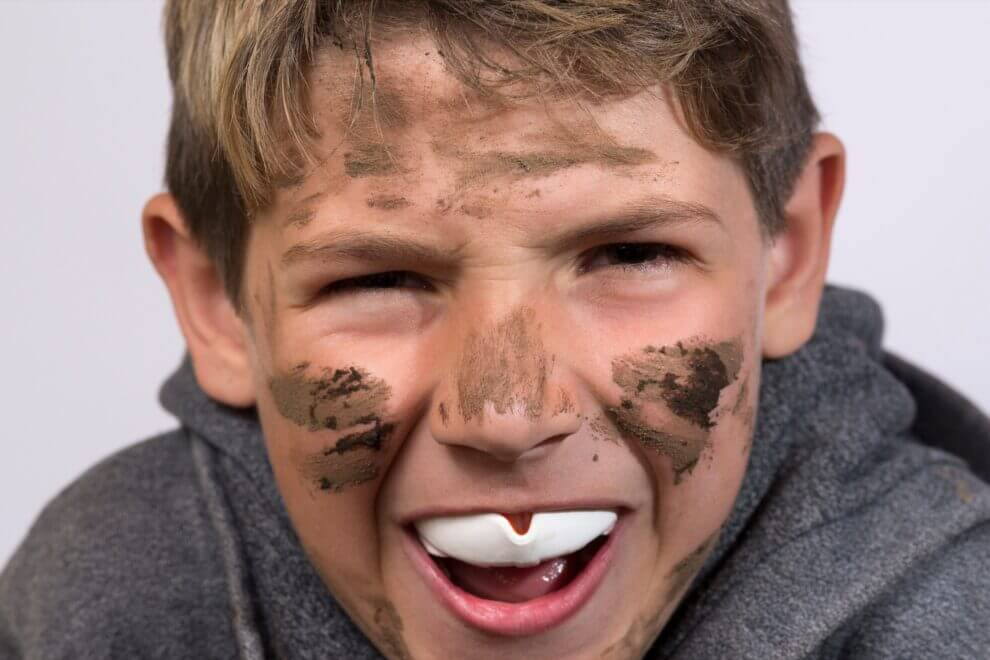Pediatric Anesthesia
Our pediatric specialist will work with you to make a treatment plan that is right for you and your child. As parents you can help your child have a more positive experience and can contribute to the success of necessary dental procedures that can now be provided in a hospital setting.









